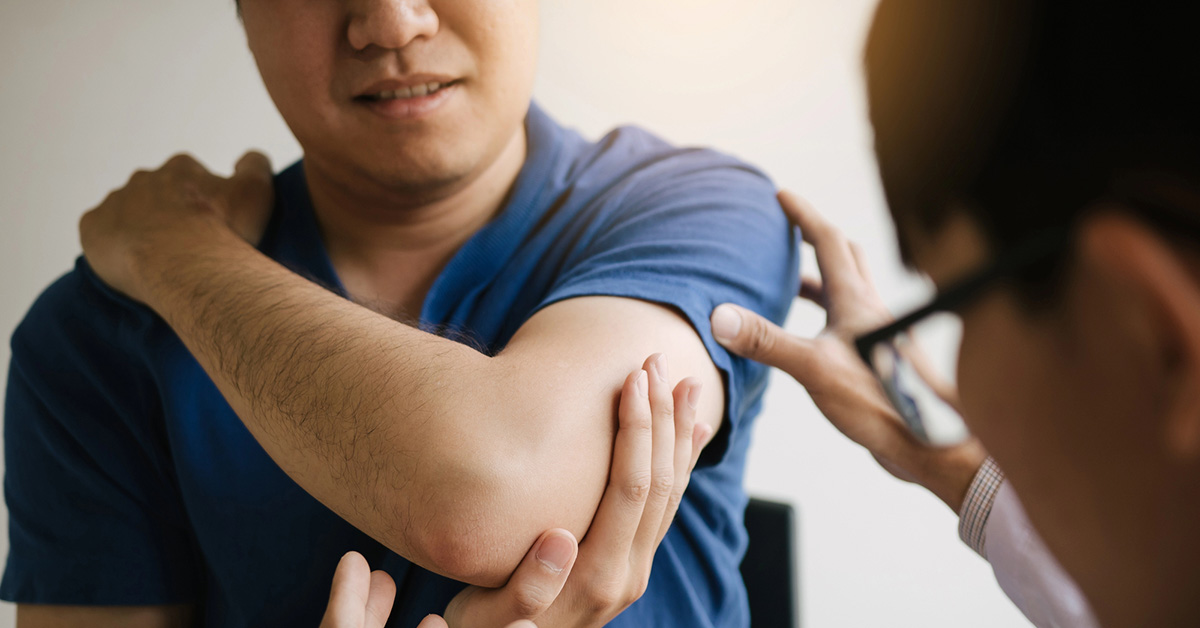
Can a Dislocated Shoulder Heal Itself?
A shoulder dislocation is a serious injury that should never be ignored. It occurs when the upper arm bone (humerus) comes out of its socket in the shoulder blade (scapula). Because the shoulder is a very mobile joint, it’s particularly vulnerable to dislocations, especially during sports, falls, or traumatic accidents. One common question people ask after experiencing this type of injury is: can a dislocated shoulder heal on its own?
The short answer is no—at least not properly. While the pain may subside over time and the arm may start to feel somewhat functional, that doesn’t mean the shoulder has healed correctly. In some cases, the joint may even return to its socket spontaneously, which might give the impression that everything is back to normal. But the truth is, without proper medical attention, you risk long-term damage, chronic instability, and future dislocations.
When a shoulder is dislocated, surrounding tissues such as ligaments, tendons, and the joint capsule are usually stretched or torn. These structures are critical for joint stability, and once injured, they typically won’t recover well without guided treatment. Even if the shoulder appears to be in place, the damage inside the joint may still be present, leaving the area weak and prone to repeat injuries.
If a dislocation is not treated properly, complications can arise. These include nerve damage, blood vessel injury, and a condition known as chronic shoulder instability, where the shoulder becomes loose and dislocates more easily in the future. Additionally, repeated dislocations can wear down cartilage and lead to arthritis in the joint.
The proper way to manage a dislocated shoulder is to have it evaluated and treated by a medical professional. In most cases, the joint is manually repositioned through a procedure called closed reduction. Afterward, the shoulder is typically immobilized in a sling for a short period. Once the acute pain and swelling subside, physical therapy is usually recommended to restore strength, stability, and full range of motion.
In rare cases where the shoulder is severely damaged or continues to dislocate repeatedly, surgery may be necessary to repair or tighten the joint structures. This is more common in young athletes or individuals with loose joint ligaments.
Ultimately, while the body has an impressive ability to heal, a dislocated shoulder should never be left to heal on its own. Seeking timely treatment not only reduces pain and speeds recovery but also lowers the chances of long-term complications. If you think you’ve dislocated your shoulder—or even if it just feels like something is “off” after an injury—it’s worth getting it checked out. Early care makes all the difference in restoring function and preventing future problems.

